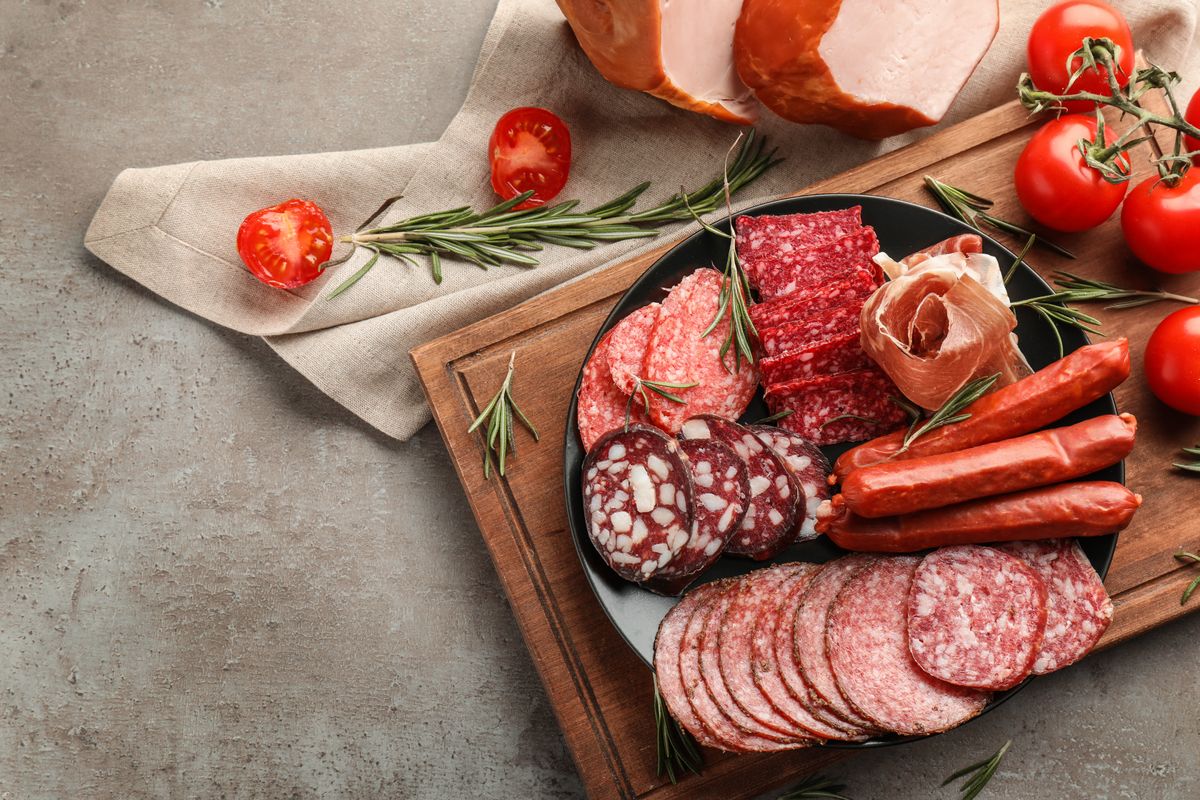The ketogenic diet is a highly specialized and specific eating plan that involves minimal to no carbohydrates and a relatively low daily calorie intake. Its popularity has surged in recent years, and its effectiveness continues to be widely studied. However, it's important to know what not to eat when following this diet to ensure that your body adapts and changes according to your goals, if at all.
Although the keto diet has its advantages, such as rapid weight loss, it may not be beneficial for everyone. According to Amy Goodson, a board-certified specialist in sports dietetics, people who follow the keto diet often consume very little fiber, which is essential for gut and heart health.
While it's important to prioritize dietary fiber, balancing nutrients such as protein and healthy fats is also crucial on a keto diet. High-protein foods can help facilitate the body's fat-burning process by burning more calories to digest. Consuming healthy fats in moderation can also make the body feel fuller for longer, which is beneficial for healthy weight loss.
Before embarking on a keto diet, it's important to understand which foods to avoid. Here are eight foods to steer clear of when following a keto diet.
The ketogenic diet is a highly specialized and popular eating plan that has gained immense popularity in recent years. Its unique features involve minimal to no carbohydrates and a low daily calorie intake, making it a challenging yet effective approach to weight loss and improving overall health.
The keto diet works by forcing the body to enter a metabolic state called ketosis. In this state, the body switches from breaking down carbohydrates for energy to burning stored fat instead. However, to achieve and maintain ketosis, it's crucial to adhere to specific macronutrient ratios, including high protein, moderate healthy fats, and minimal carbohydrates.
While following the keto diet, it's essential to know which foods to avoid to achieve your weight loss and health goals. Below are eight foods that you should steer clear of when following a keto diet.
1) Sugar-sweetened Beverages

Sugary drinks like sodas, sports drinks, fruit-flavored beverages, and sweet teas are high in added sugars and carbohydrates. These drinks can push the body back to breaking down carbohydrates for energy instead of stored fat, which can make it challenging to achieve ketosis.
2) Baked Goods

Pastries and baked goods are high in excess calories, added sugars, and carbohydrates that can result in health issues like weight gain, high blood pressure, diabetes, and heart disease. These treats are off-limits on the keto diet.
3) Sweetened Yogurt
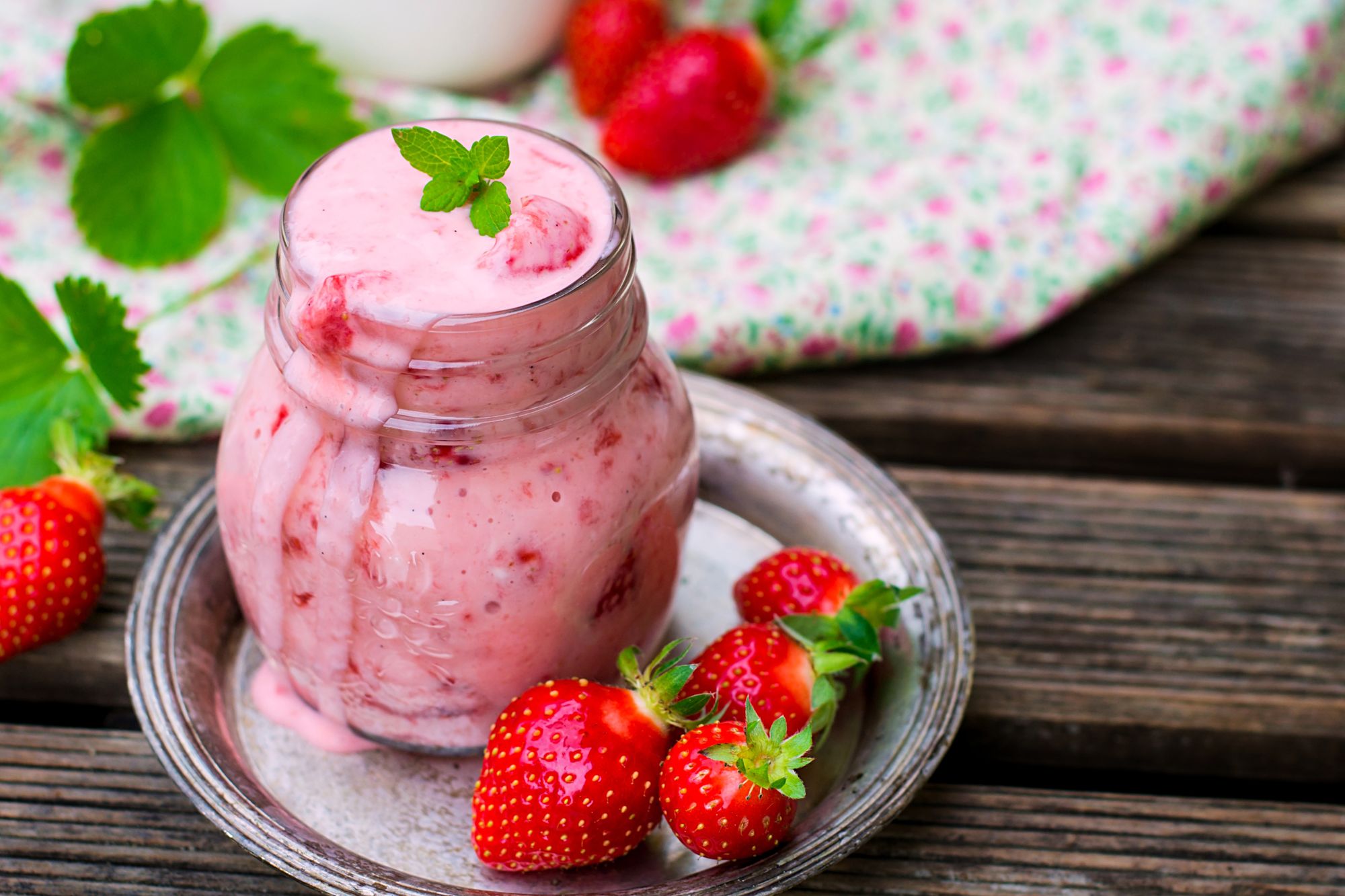
Sweetened or fruit-flavored yogurts are high in pure sugar and should be avoided when following the keto diet. Choose plain, unsweetened, or low-sugar yogurt brands to maintain ketosis.
4) Ice Cream

Traditional ice cream is high in sugar and carbohydrates, which can push the body out of ketosis. Opt for keto-friendly ice cream options made with healthy sweetener alternatives such as stevia, monk fruit, and sugar alcohols.
5) Beans and lentils
Although beans and lentils are packed with fiber and protein, they are carb-heavy and can be challenging to incorporate into a keto-focused diet. These foods can reach between 40-50 grams of carbohydrates per serving of 100 grams, making it necessary to avoid them while following the keto diet.
6) Bacon
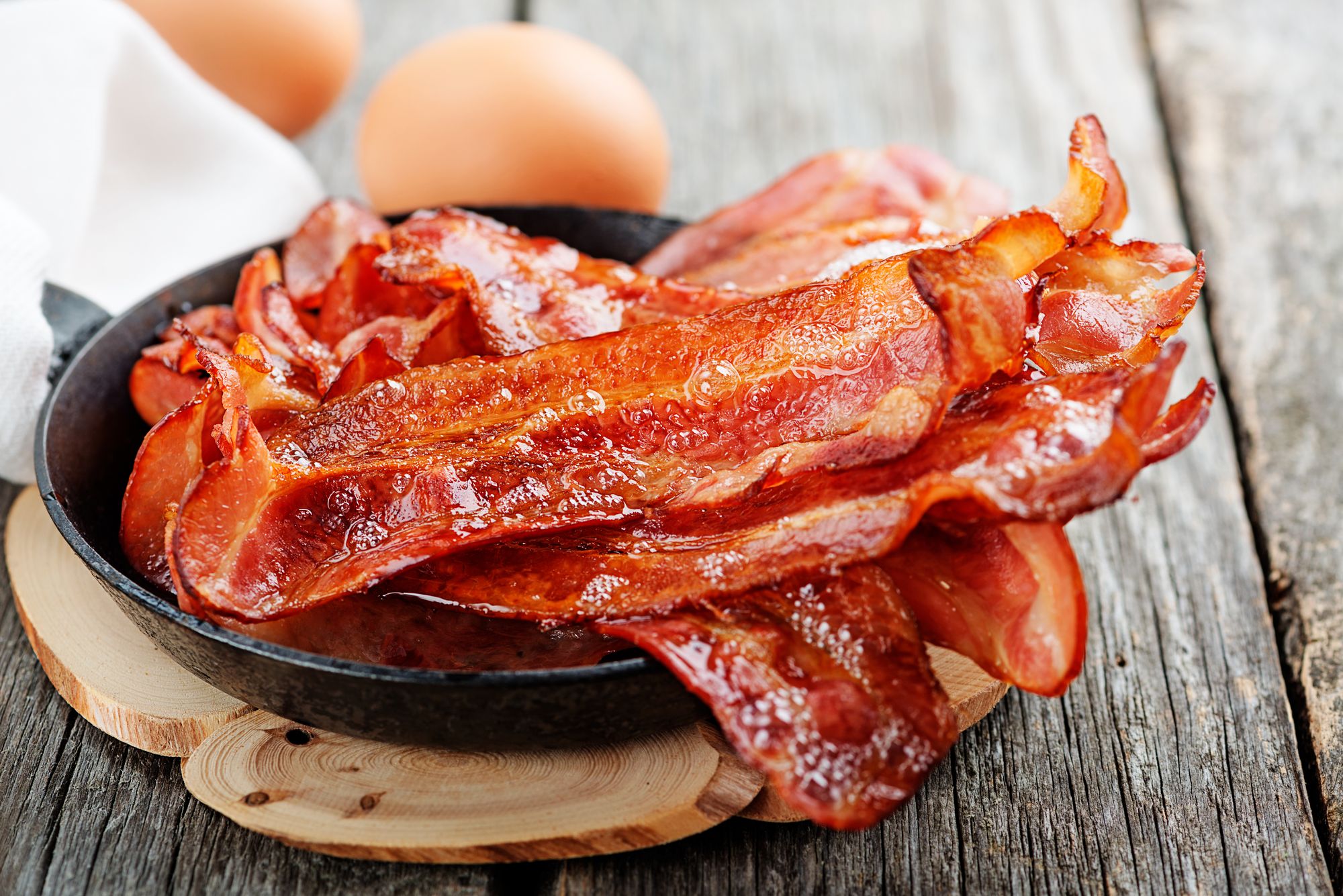
Foods high in saturated fat, like bacon, can contribute to elevated cholesterol levels, putting one at risk for cardiovascular disease or even heart attacks. While following the keto diet, it's crucial to focus on high-protein and moderate healthy fat options instead.
7) Some Salad Dressings
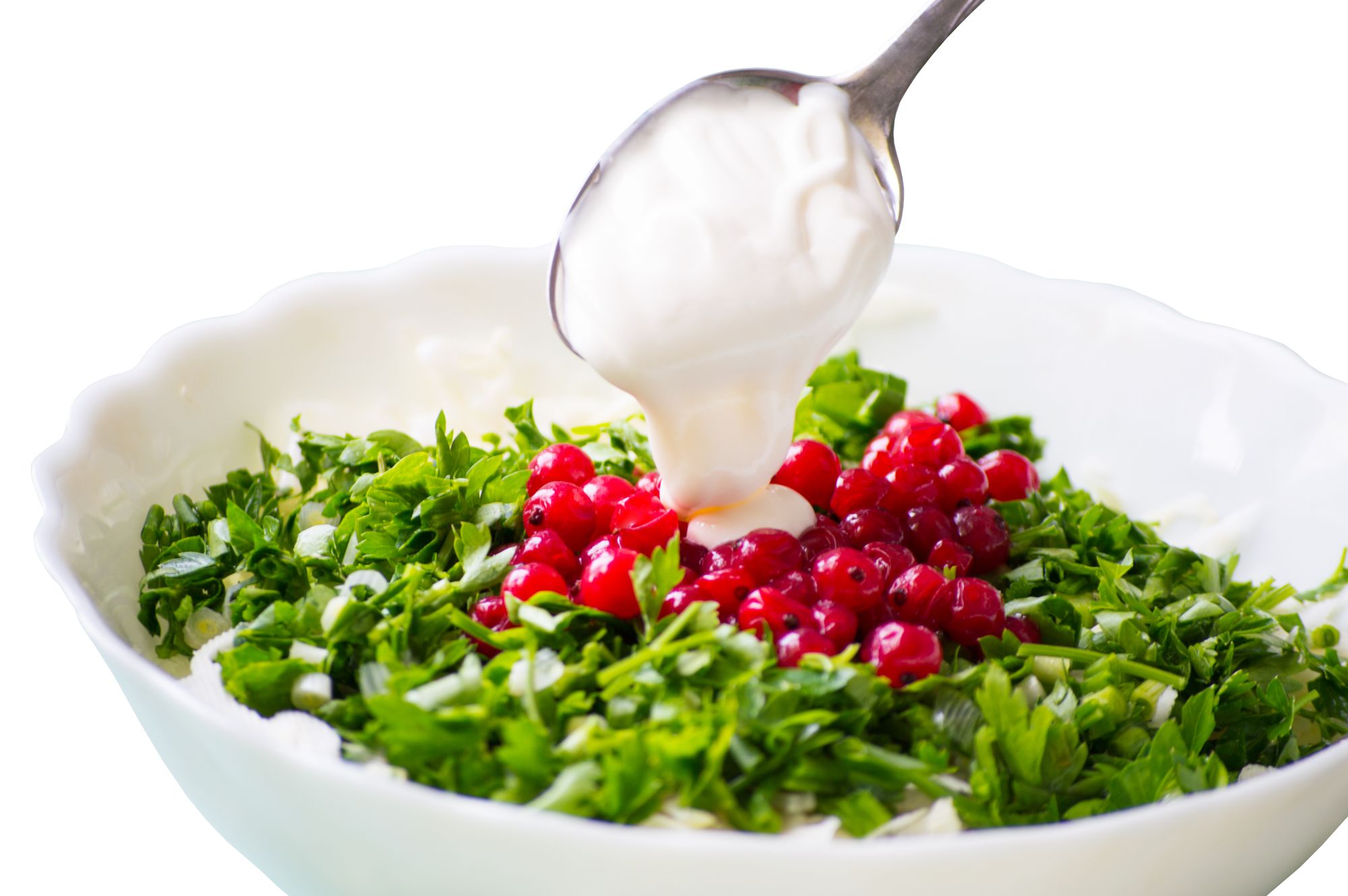
Commercially prepared salad dressings are often high in added sugars, unhealthy fats, and sodium. These should be limited and not consumed regularly to maintain ketosis.
8) Processed Meats
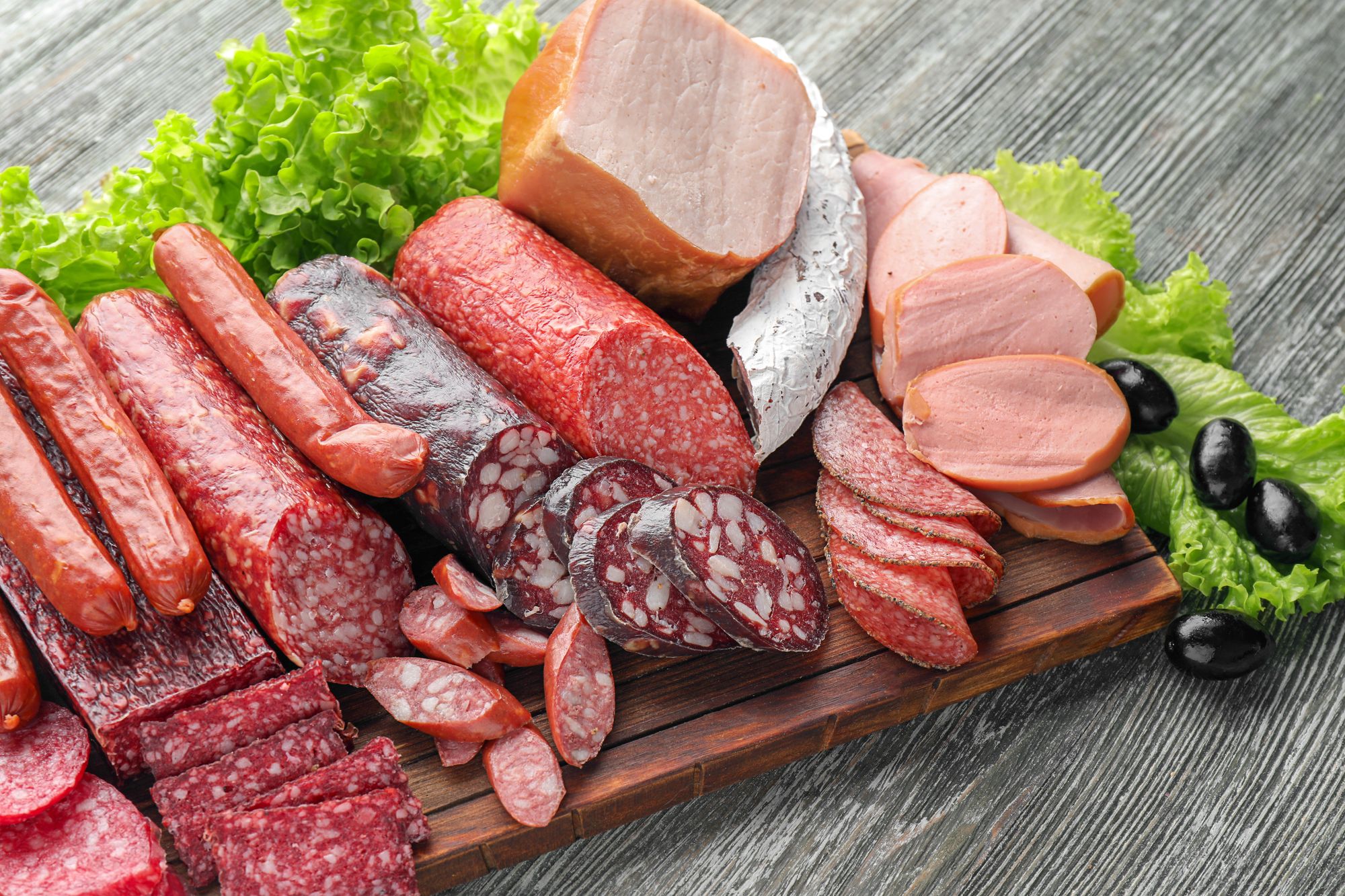
Ultra-processed meats like deli meats, hot dogs, and sausages are high in nitrates and aren't good for heart health in the long run. Choose leaner meat choices to maintain healthy cholesterol levels.
To successfully follow the keto diet, it's essential to focus on high-protein and high-fat foods while limiting carbs and sugar intake. Additionally, it's important to balance nutrient intake to ensure proper gut and heart health. Prioritizing dietary fiber is essential to achieve a healthy and well-functioning digestive system.
It's also important to note that the keto diet may not be suitable for everyone. Consulting with a healthcare professional before starting the diet is crucial, particularly if you have underlying health conditions like diabetes or heart disease. Additionally, it's crucial to monitor ketone levels to ensure that the body remains in ketosis and to prevent any potential health risks.
The keto diet is an effective approach to weight loss and improving overall health, but it's crucial to know which foods to avoid when following this meal plan. By adhering to specific macronutrient ratios, prioritizing dietary fiber, and avoiding certain types of food, you can achieve your weight loss and health goals while following the keto diet.
To ensure a well-rounded and balanced diet while following the keto diet, it's important to incorporate a variety of nutrient-dense foods. These include low-carb vegetables like leafy greens, broccoli, and cauliflower, healthy fats like avocados, nuts, and seeds, and high-quality proteins like lean meat, poultry, and fish.
Additionally, when following the keto diet, it's essential to stay hydrated and maintain proper electrolyte balance. Consuming enough water and electrolytes like sodium, potassium, and magnesium can help prevent dehydration and electrolyte imbalances, which can cause adverse symptoms like headaches, fatigue, and muscle cramps.
While the keto diet can be an effective weight loss and health improvement strategy, it's crucial to approach it with caution and mindfulness. The restrictive nature of the diet can make it challenging to follow long-term, and the potential risks and side effects should not be ignored.
Some potential risks of the keto diet include nutrient deficiencies, increased cholesterol levels, and a higher risk of kidney stones. It's important to monitor your health and speak with a healthcare professional if you experience any adverse symptoms or concerns while following the keto diet.
In conclusion, while the keto diet has gained immense popularity for its potential weight loss and health benefits, it's important to know which foods to avoid to achieve these goals. By adhering to specific macronutrient ratios, prioritizing dietary fiber, and avoiding certain types of food, you can successfully follow the keto diet while maintaining proper nutrition and health. However, it's important to approach the diet with caution, mindfulness, and the guidance of a healthcare professional.

